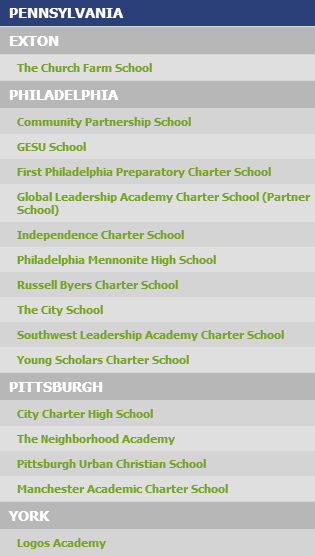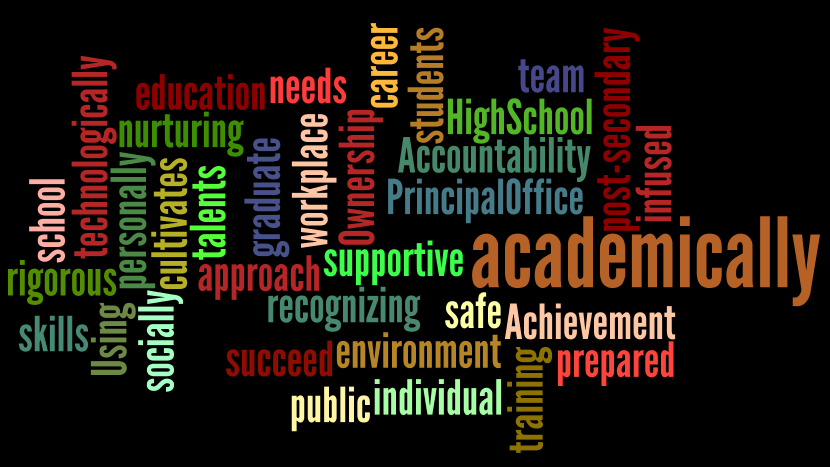"Our schools cannot be improved if we ignore the disadvantages associated with poverty that affect children's ability to learn. Children who have grown up in poverty need extra resources, including preschool and medical care."Anyone who is involved in the public school dialogue knows of Diane Ravitch. She is a study in contradictions. Dr. Ravitch is one of the leading advocates of public education in our time, but she sent her children to private schools. She spent 14 years as a member of the education establishment: Assistant Secretary of Education from 1991 to 1993, served as a member of the National Assessment Governing Board, which supervises the National Assessment of Educational Progress from 1997 to 2004 and held the Brown Chair in Education Studies at the Brookings Institution from 1995 - 2005. She was an advocate for high stakes testing (No Child Left Behind), school reform and charter schools. At some point around 2006 Dr. Ravitch had a turn of heart. Her last two bestselling books represent her current thinking: The Death and Life of the Great American School System: How Testing and Choice Are Undermining Education (2010) and Reign of Error: The Hoax of the Privatization Movement and the Danger to America's Public Schools (2013). Through her blog, numerous appearances in the media and her books, Dr. Ravitch is stumping for the current public education system, defending teachers, stating that our test scores are fine and preaching against privatization, charter schools and high stakes testing. There's a lot there.
― Diane Ravitch, The Death and Life of the Great American School System: How Testing and Choice Are Undermining Education
When Dr. Ravitch came to Pittsburgh this past year, I went to hear her speak. As she defended the current system, my mind drifted to our local schools that are mired in failure - Pittsburgh, Wilkinsburg, Duquesne, McKeesport, Clairton, Sto-Rox... I know that Dr. Ravitch would never send her children to these schools, so how could she defend them? Then she made a statement that both explained her thoughts on this and shocked me to the bone. The problem with these schools was not the teachers or the program or the schools, the problem was poverty. I agree with Dr. Ravitch, the problem is poverty. That is not what shocked me. She then stated that the solution is for our country to eliminate poverty. We need more jobs. We need more early childhood education. We need better medical care. And that was it.
Damn. I wonder if Dr. Ravitch has the guts to go into any of these schools and tell the students they just have to wait for America to eliminate poverty for them to have a chance. At best, her approach is cynical, ideological, fatalistic. At worst, it simply writes off poor children.
In 2012, 14.7 million people in the United States had family incomes between 100 and 125 percent of their poverty threshold.
Individuals with less than a high school degree had a near-poverty rate of 10.0 percent in 2012, while individuals with a college degree or more had a near-poverty rate of 1.6 percent during the same year.Ok.. as my daughter says to me all the time, "Dad... you've got lots of opinions; if you're so smart, what do you think we ought to do?" Well, I don't have to tell you what I think we ought to do because we are doing it. There are hundreds of schools across the country that are doing it. These schools start from the same premise:
- Urban schools work with students who live in poverty.
- Urban students often do not have the family resources that support learning. The majority of our poor students have only one parent in their household. They often grow up in homes without books, opportunities to learn, opportunities to see what possibilities exist beyond their immediate environment. Often our students are working with their parent to make ends meet, to help their family members, to survive.
- Issues such as addiction, violence, abuse, personal safety, often exist where poverty is prevalent.
 What we Believe
What we Believe
- Despite tremendous challenges, great schools exist in Milwaukee — district, charter, and Choice. More are possible.
- ALL children, regardless of life circumstances, WILL learn and succeed when provided with an environment where people believe in them, set high expectations and give them a toolkit to excel.
- Creating a world-class system of schools is essential to making Milwaukee a premier destination for people to work and live.
- Reform must start now, person by person, school by school.
Our goal is to be a catalyst for transformation through partnerships with school leaders, coaches, community leaders, and other Milwaukee organizations and people committed to educational reform.
Successful Schools: Different Methods, Same Ingredients
- NO EXCUSES
- Strong Leadership and Governance
- Relentlessly High Expectations
- Increased Time on Task
- Dedicated, Passionate and Effective Teachers
- Love and Discipline
- Whatever It Takes Mindset
- Student Performance Data Focus
- Alumni Tracked
 In Pittsburgh, there are 4 Schools That Can schools - City High, Manchester Academic, the Neighborhood Academy and Pittsburgh Urban Christian School.
In Pittsburgh, there are 4 Schools That Can schools - City High, Manchester Academic, the Neighborhood Academy and Pittsburgh Urban Christian School.
Two are charter schools and two are private sectarian schools. They all have great success and work with students in poverty. If you were to visit these schools you would be immediately impressed by how welcoming they are, how disciplined they are, the high levels of academic challenge, the enormous support network for students and the fact that people are smiling. You would also notice that the adults hug the children and care deeply about them.
Reading deficits, behavioral deficits, emotional deficits, physical deficits are not complained about, but are addressed, worked on and overcome. You would notice that these schools provide quality food and health services. You would notice amazing teachers. You would notice that the students are well dressed, even if the school has to contribute to helping students dress accordingly. You would notice love.
So what level of student achievement would you find at these schools.
Schools That Can criteria for High-Performing Member Schools
2. For schools taking norm-referenced tests: EITHER 70% of students are above the 50th percentile OR students show an average of 20 points growth during tenure at school.
3. Daily attendance rate is at least 90%.
4. Graduation rate is at least 80% (of students who enter in 9th grade). Also valid criteria for middle schools that track their alums through high school.
5. The student population is at least 60% low-income (as determined by Federal Free & Reduced Lunch rates).
6. The applicant school must have been in operation for at least two years.
7. In addition to these benchmarks, we look for schools with strong, collaborative leaders at the helm, who have built a positive, mission-driven culture that holds all stakeholders to high expectations.
As the retired co-founder, CEO/Principal of City High in Pittsburgh, I can speak about City High's achievement.
- On the 2012 state PSSA exams City High (with 67.5% poverty) had the same scores as suburban high schools that had an average of 15% poverty.
- Over 70% of City High graduates who attend four year colleges receive their degrees in 6 years. The national average is 59%.
Class of 2013: 115 Graduates
- 95 were accepted into either a 2 year or 4 year program (83%)
- 73 students were accepted into a 4 year college/university (64%)
- 22 students were accepted into a 2 year, technical, or training program (19%)
- The rest will either work full time, travel, or have enrolled in the military (14%)
- 115 students with 632 MOS and Adobe certifications, 1 MOS Office Masters
If Dr. Ravitch, would look at the School That Can schools, she would find public charters and private schools. None of them are for profit, all are non-profits. None of them are a corporate attempt to privatize education. They are all hugely pro-teacher. They pay competitive salaries and benefits. They all work with students in poverty. And they all work in cities where the public schools are struggling. They have all reached out to the public schools with little or no success. As I've mentioned in previous blog posts, the local public charter and private schools have reached out to the Pittsburgh Public Schools, the Pittsburgh Federation of Teachers and the District Superintendent with no success.
This brings us back to the opening question, "Can education overcome poverty?" I obviously believe it can and does in these high performing schools. Nationally, Ravitch is stating that we have to overcome poverty through programs external to the school. Locally, the Yinzercation blog echoes the same sentiment.
"If anything, we need to be investing more in pre-natal care and quality early childhood education programs. And we need more wrap-around services like before- and after-school care, tutoring programs, social workers and community healthcare. Those would be the kind of sound public policies based on proven strategies, backed up by real data, that we ought to expect from our legislators."I certainly don't disagree with these services. But we would be crazy to wait for these services to solve the urban core education problem... unless our goal is saving the existing institutions on the backs of our students. The progressive left has decided to make this an issue of government resources and the defense of the current public education system. The conservative right wants to privatize and/or profitize education and destroy the unions.
While the ideologues fight, the education pragmatists/innovators have attacked poverty through school itself. We have students for 8 hours a day, 185 days a year, for 13 years. We know what works. There are hundreds of schools across America that have figured it out. Ask our parents and students whether schools can overcome poverty.
 |
| City High Graduation - 2014 - 132 students |



